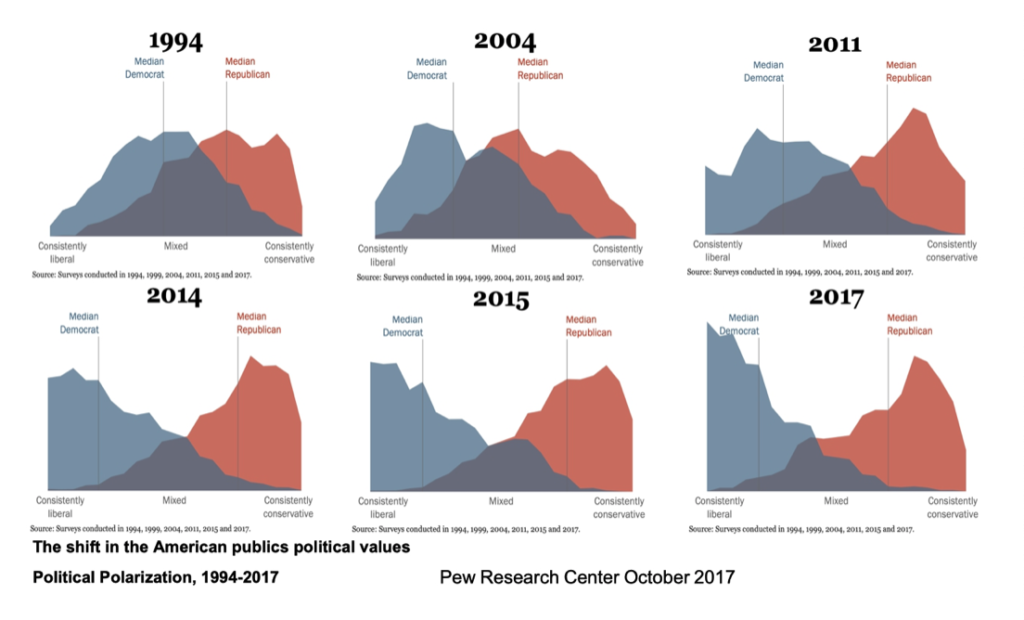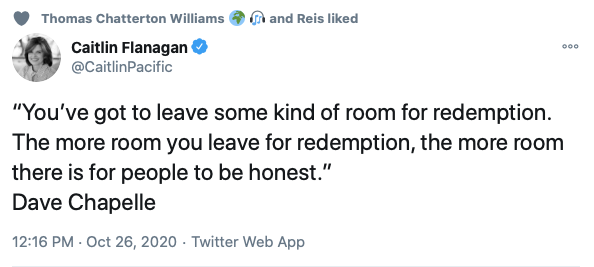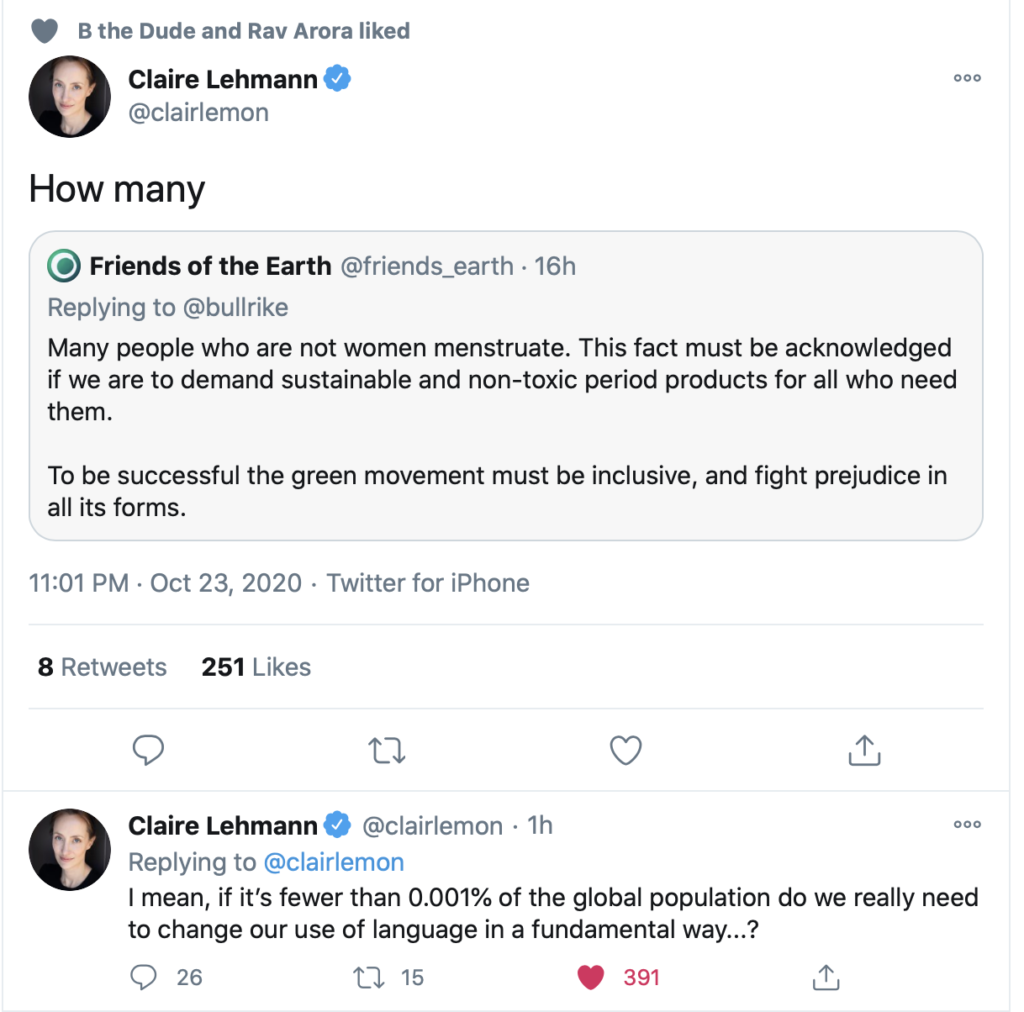Until a few years ago, I hadn't heard the term "rent seeking." In the past few months, I've heard the term repeatedly and I'm writing this post to anchor this important multifaceted concept in my understanding and to share it with interested others.
I knew concept of "rent seeking" long before I learned the phrase. I've repeatedly had this fantasy where every person who earns a wage needs to step up to onto a big stage in front of the other 300,000,000+ Americans and tell us these three things in simple language:
1) What is your job title?
2) How much do you make?
3) Justify your wage in terms of what you do for your job. In other words, how does your work make your community a better place?
I imagine that many essential workers would come out of this process as shining heroes. A person who works for $15/hour at a typical grocery store could succinctly state "I help keep my fellow citizens alive by making food available for them.
On the other end of the scale, a big shot at Goldman Sachs. A 2019 article at Investopedia indicates: "The average Goldman Sachs employee makes $367,564 on an annual basis, according to the firm’s most recent financial disclosures." Bonuses exceed $40,000. What does this company do to improve the community? Good question. I look forward to hearing how this sort of money is justified in terms of community betterment.
I have sketched out these two examples in order to introduce the concept of "rent seeking." The following is from Investopedia:
-
- Rent seeking is an economic concept occurring when an entity seeks to gain wealth without reciprocal contribution of productivity.
- The term rent in rent seeking is based on an economic rent which was defined by economist Adam Smith to mean payments made in excess of resource costs.
- An example of rent seeking is when a company lobbies the government for grants, subsidies, or tariff protection.
Here's another definition, this one from The Library of Economics and Liberty:
People are said to seek rents when they try to obtain benefits for themselves through the political arena. They typically do so by getting a subsidy for a good they produce or for being in a particular class of people, by getting a tariff on a good they produce, or by getting a special regulation that hampers their competitors. Elderly people, for example, often seek higher Social Securitypayments; steel producers often seek restrictions on imports of steel; and licensed electricians and doctors often lobby to keep regulations in place that restrict competition from unlicensed electricians or doctors.
Here's a third definition from CFI:
Rent-seeking is a concept in economics that states that an individual or an entity seeks to increase their own wealth without creating any benefits or wealth to the society.
Rent-seeking activities aim to obtain financial gains and benefits through the manipulation of the distribution of economic resources. Economists view such activities as detrimental to the economy and the society. The practice reduces economic efficiency through the inefficient allocation of resources. In addition, it commonly leads to other damaging consequences, including a rise in income inequality, lost government revenues, and a decrease in competition.
The concept of rent-seeking was developed by American economist Gordon Tullock in 1967. However, the term was offered by another economist, Anne Krueger. . . [T]he term “rent” is referred to as one of the sources of income generation that was conceptualized by Adam Smith. According to Smith, rent is an activity of lending one’s own resources in exchange for some benefits. Relative to other sources of income (profit, wages), rent is the least risky and the least labor-demanding source of income.
The corruption of politicians is related to rent-seeking activities. In order to gain certain benefits, the rent-seekers may bribe politicians. However, G. Tullock determined that there is a significant difference between the cost of the rent-seeking (bribery) and the gains from this practice. This paradox is called the Tullock Paradox. The Tullock Paradox states that rent-seekers generally obtain large financial and economic gains at an enormously small cost.
With these definitions in place, I'd like to share an excerpt Episode 205 of the Making Sense Podcast, "The Failure of Meritocracy," in which Sam Harris interviews Yale Law Professor Daniel Markovits. It is a thoroughly engaging podcast, repeatedly touching on critically important economic issues we are facing. I'll end with this discussion of rent seeking (though that term is not used). The speaker is Daniel Markovits:
[Re Silicon Valley and Finance] you see certain forms of seemingly rapid technological advancement. But these are not places that necessarily produce an enormous amount of increased social well-being or growth. And so what we need is a careful, deliberate eye to what kinds of skills our society needs. Let me give some examples of this idea to answer your question starting with ones that I think are easy for me and ending at ones that are hardest for me, just to be fair.
So the easy ones are fields like law and finance. We've had enormous innovation in law and finance, set asides, Silicon Valley, derivative securitization. But there is no--literally--no evidence that our super-skilled, super-elite financial sector produces any increase in economic productivity or well-being for the society. It's interesting, people don't realize that from 1950 to 1970, finance was neither better paid nor better educated than the rest of the economy. Whereas today, it sucks up the most educated people in the society and pays them vast amounts. Law is the same.
If you look at other countries’ legal systems, a system like Germany has much less elite or competitive legal education and loitering, but produces more effective justice at a lower cost. So there are some fields where what we're doing is we're creating intense training, genuine expertise, enormous innovation, but the innovation is just producing greater private wealth for the people who have the skills rather than a greater social product. I think that's true in management also, and we could talk about it.
But the hardest case for me is a case like medicine, because surely medical innovations produced by super trained, super creative people, cure diseases make us all better off. And of course they do. But even there, our system of meritocratic, hierarchical exclusive training leaves a lot of social good on the table. So take heart health as an example. Very well trained, very brilliant doctors and scientists have figured out how to transplant hearts, how to build an artificial heart. But here's some things we don't know about heart health. We don't know whether it's better for your heart over the long run, to exercise really intensively for one hour once a week, moderately for half an hour, three times a week, or just always to walk into take the stairs. We don't know the answer to that question. If we did know the answer that question and if we knew how to train people to do whatever is optimal, that would be a lot better for our population's heart health than the ability to transplant hearts for the very small number of people who get access to the heart and the surgeon.




